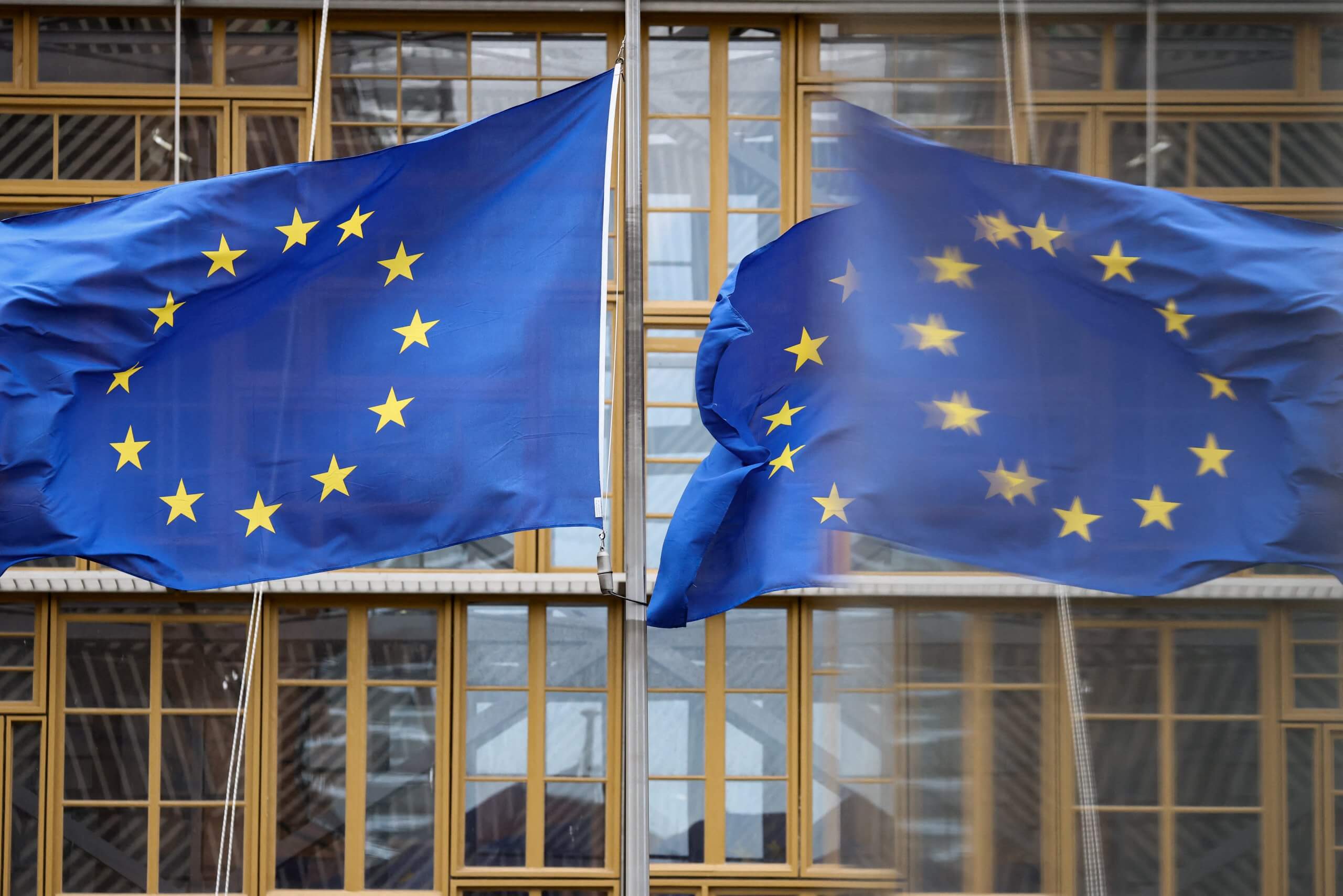EU's Multi-Billion Green Investment: A Strategic Move to Challenge Asian Battery Market Dominance
Key Ideas
- The European Commission announced a €1 billion funding package to boost the EU's battery manufacturing, aiming to challenge Asia's dominance in the market.
- The broader €4.6 billion sustainability package includes a significant allocation for renewable hydrogen production, enhancing the EU's clean energy ecosystem.
- Funding strategies focus on reducing greenhouse gas emissions, innovation, and scalability, aligning industrial policy with climate objectives.
- Collaboration with the European Investment Bank and innovative financial mechanisms aim to catalyze private investment in battery manufacturing and clean energy projects.
The European Commission has committed €4.6 billion to challenge Asia's dominant position in the battery market, with a substantial focus on boosting battery manufacturing in the EU. This move comes as Chinese manufacturers control a significant portion of global EV battery production. The EU's funding package includes €1 billion specifically for EV battery initiatives and €1.2 billion for renewable hydrogen production. Through these investments, the EU aims to accelerate its industrial decarbonization efforts and enhance its clean energy ecosystem. The funding strategy emphasizes reducing greenhouse gas emissions, promoting innovation, and scaling up clean technologies.
The EU's approach involves partnering with the European Investment Bank and implementing innovative financial mechanisms to attract private investment in battery manufacturing and clean energy projects. The EU's push towards sustainability and clean technology development is evident in its efforts to link industrial policy with climate objectives. The Innovation Fund, funded by EU Emissions Trading System revenues, plays a crucial role in driving these initiatives.
The funding targets battery technologies and hydrogen production, with a specific focus on cell development, manufacturing processes, and boosting renewable hydrogen production across various sectors. Collaborations with the private sector are essential to scale up production and drive technological innovation. Projects have until 2025 to submit proposals, reflecting the urgency felt to accelerate clean energy production. The success of these initiatives hinges on the EU's ability to attract private investments and build sustainable manufacturing capacity while meeting ambitious climate targets.
Despite the substantial monetary commitment, the EU's challenge lies in closing the gap with Asia's battery market dominance while advancing climate goals. The comprehensive approach to industrial policy, emphasizing sustainability and supply chain resilience, highlights the EU's strategic move in the clean technology race. The success of these initiatives will be pivotal in Europe's ability to compete globally and address climate change effectively.
